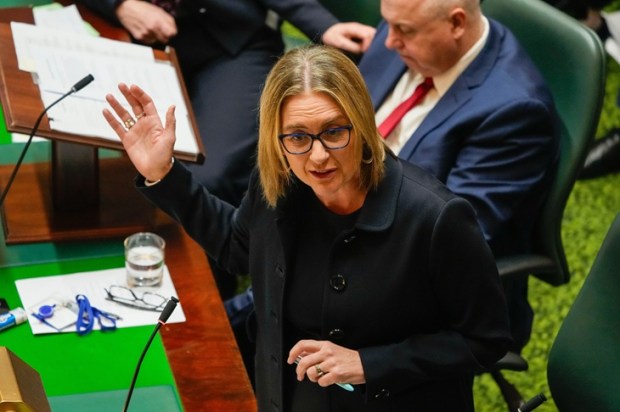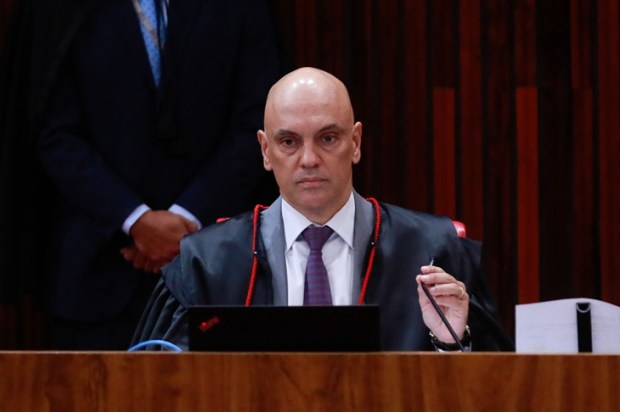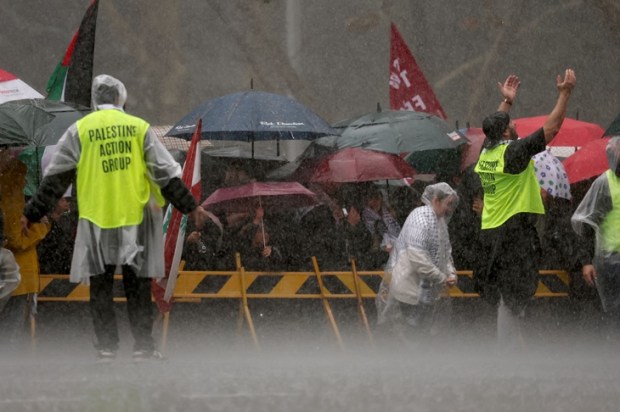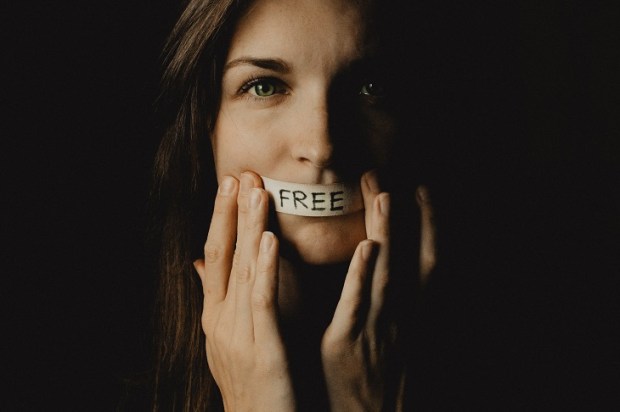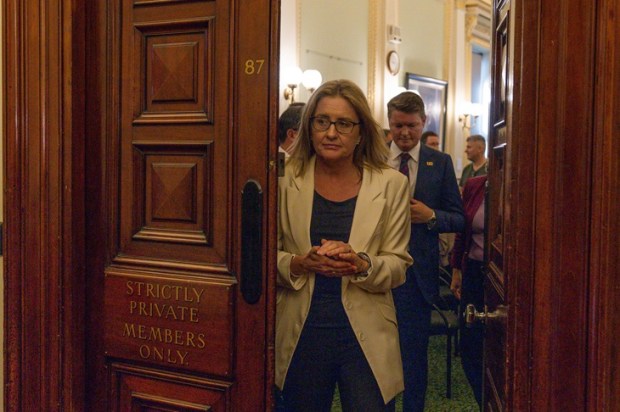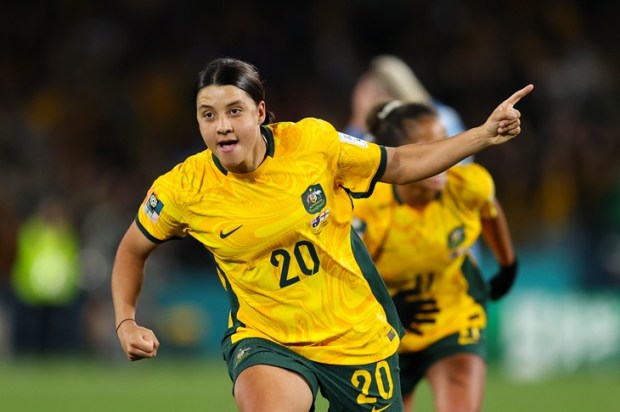As the world prepares for the inauguration of Donald Trump later this month, Mark Zuckerberg has announced Meta will axe its fact checking program from its platforms in the United States, replacing it with a ‘Community Notes’ approach, similar to that of X.
This is a positive step forward in protecting freedom of speech online, but Meta must immediately extend this approach across the globe, particularly in Australia.
Meta’s decision comes as Trump has announced his plans to focus on free speech online, beginning with a ban on US federal government money being used to label domestic speech as misinformation and disinformation. Trump has also flagged funding cuts for universities found to be engaging in censorship by recommending social media content for removal.
This is a rude awakening for those journalists, academics, NGOs, and bureaucrats who have made a living by branding speech they disagree with as ‘misinformation’ and conspiring to suppress its circulation. This censorship system has bred the fact-checkers, which, until now, were empowered by Meta.
Meta, who owns Facebook, Instagram, and Threads, launched its fact checking program in 2016, contracting organisations to identify misleading or inaccurate content on its platforms. When a so-called ‘fact-checker’ deemed information to be false, misleading, or missing context, Meta would use its algorithms to suppress the content, while also issuing a warning label to users engaging with it.
Zuckerberg has, belatedly, admitted that fact-checkers may have acted with political bias while destroying ‘more trust than they have created’. He went further, saying the complex censorship systems have resulted in ‘too many mistakes’. Unsurprisingly, Meta’s fact checking arrangements undermined democracy by suppressing political debate. The academics enlisted by fact checking organisations are never neutral or impartial arbiters of information, but rather typically display left-wing biases.
Nowhere is this truer than in Australia, where it could be argued that fact checkers have weaponised Meta’s social media power to silence conservative viewpoints.
Take the Voice to Parliament referendum. Constitutional change requires a robust public debate, yet fact checkers sat alongside a cabal of big business, governments, and academics to skew the public debate and spruik the federal government’s divisive proposal.
Institute of Public Affairs’ research showed judgements published on the referendum by fact-checkers were anything but neutral. The IPA analysed Voice fact checking articles and found that of the 187 fact checking articles published between the election of the Albanese government and referendum day 170 (91 per cent) of them targeted opponents of the Voice, while only 17 targeted proponents of the referendum proposal.
While masquerading as journalists, the fact-checkers proved themselves to be highly partisan. Yet they have been allowed to continue their partnerships with Meta in Australia, even after Zukerberg’s announcement.
While on the topic of fack-checkers, it should not be forgotten that one organisation was suspended by Meta after Sky News Australia revealed that it was operating with lapsed credentials.
Also of note, having wrapped up the operations of RMIT ABC Fact Check, the ABC has rolled out its new fact-checker, ABC Verify. While ABC Verify remains uncertified according to the IFCN’s signatory list, this could soon change.
With a federal election just a few months away, Meta must immediately abandon its fact checking operations in Australia; otherwise, Mark Zuckerberg’s words are nothing more than corporate spin. The abject failure of the federal government’s proposed misinformation and disinformation bill last year is proof positive that mainstream Australians will not stand by as the elites censor their opinion online.
Now that the torch of digital liberty has been lit in United States, it must be allowed to shine in Australia as well.
Margaret Chambers is a Research Fellow at the Institute of Public Affairs.


